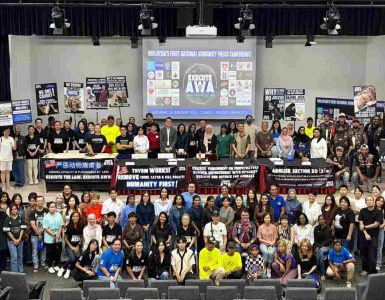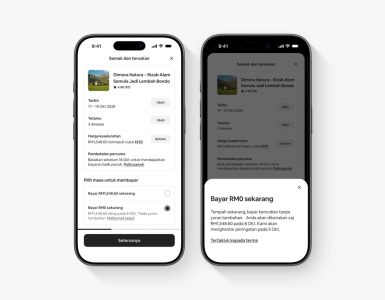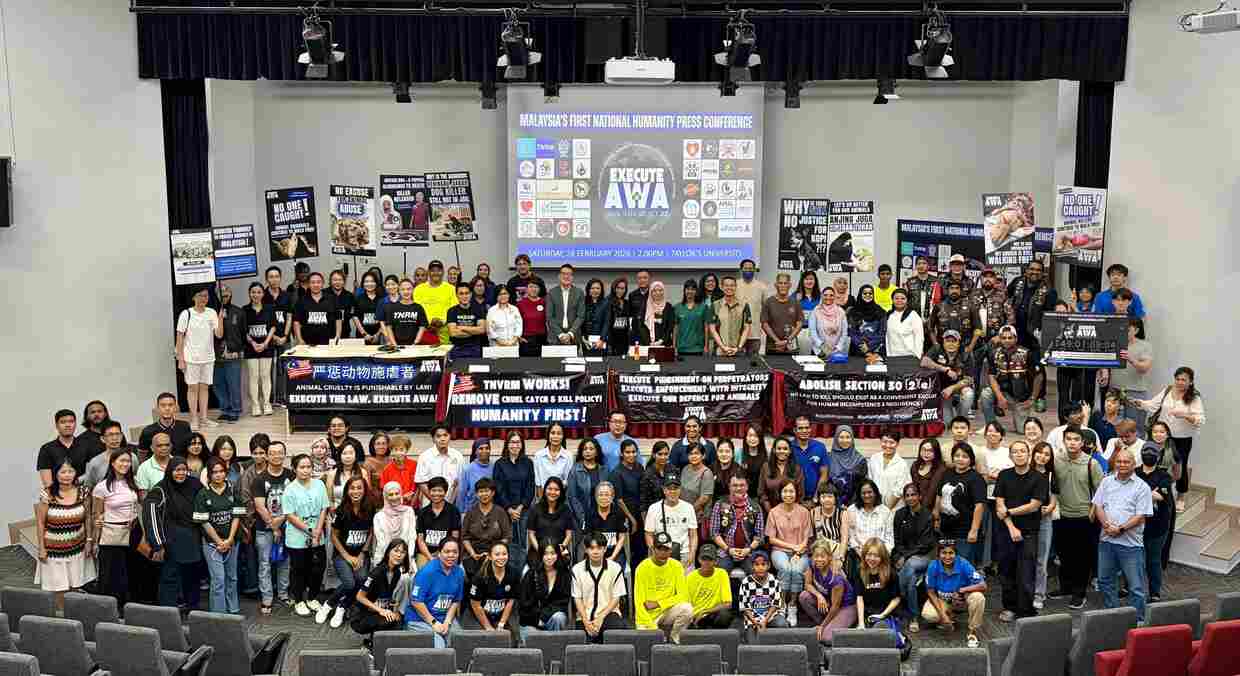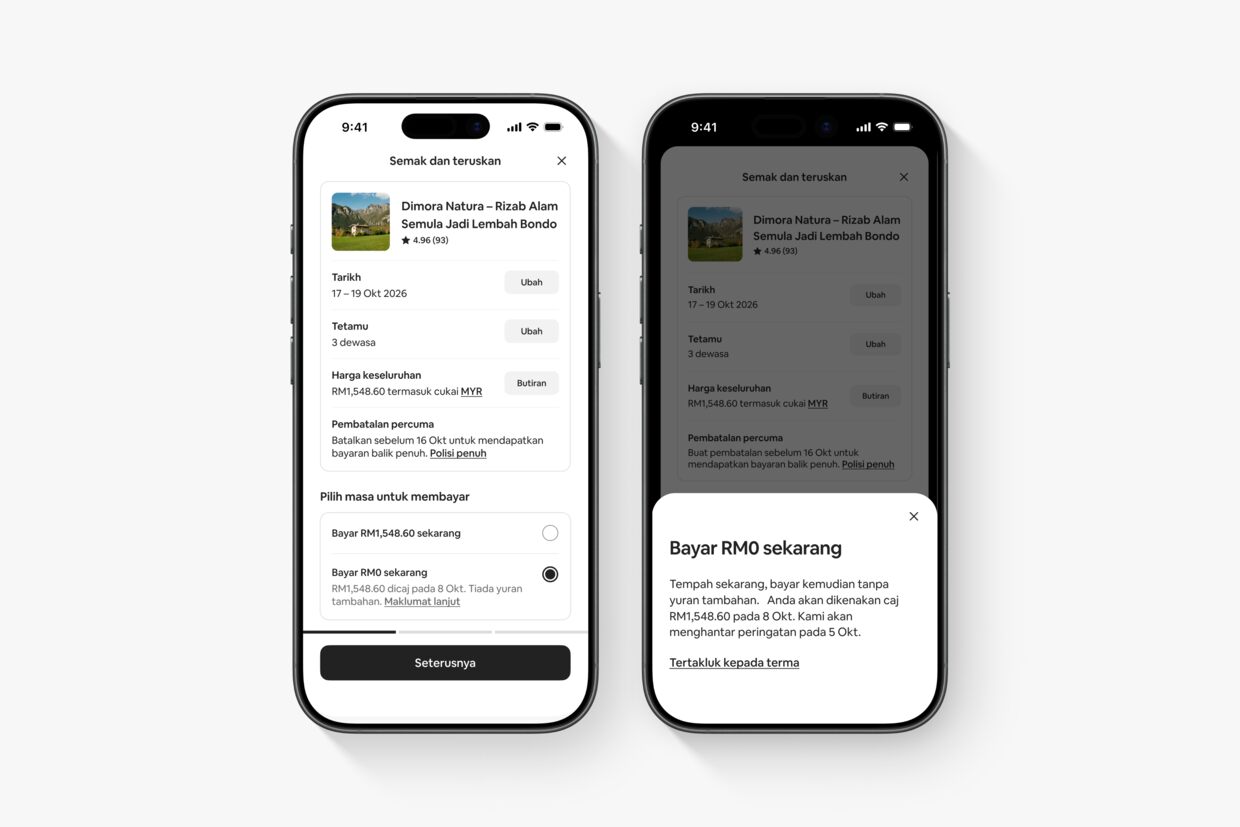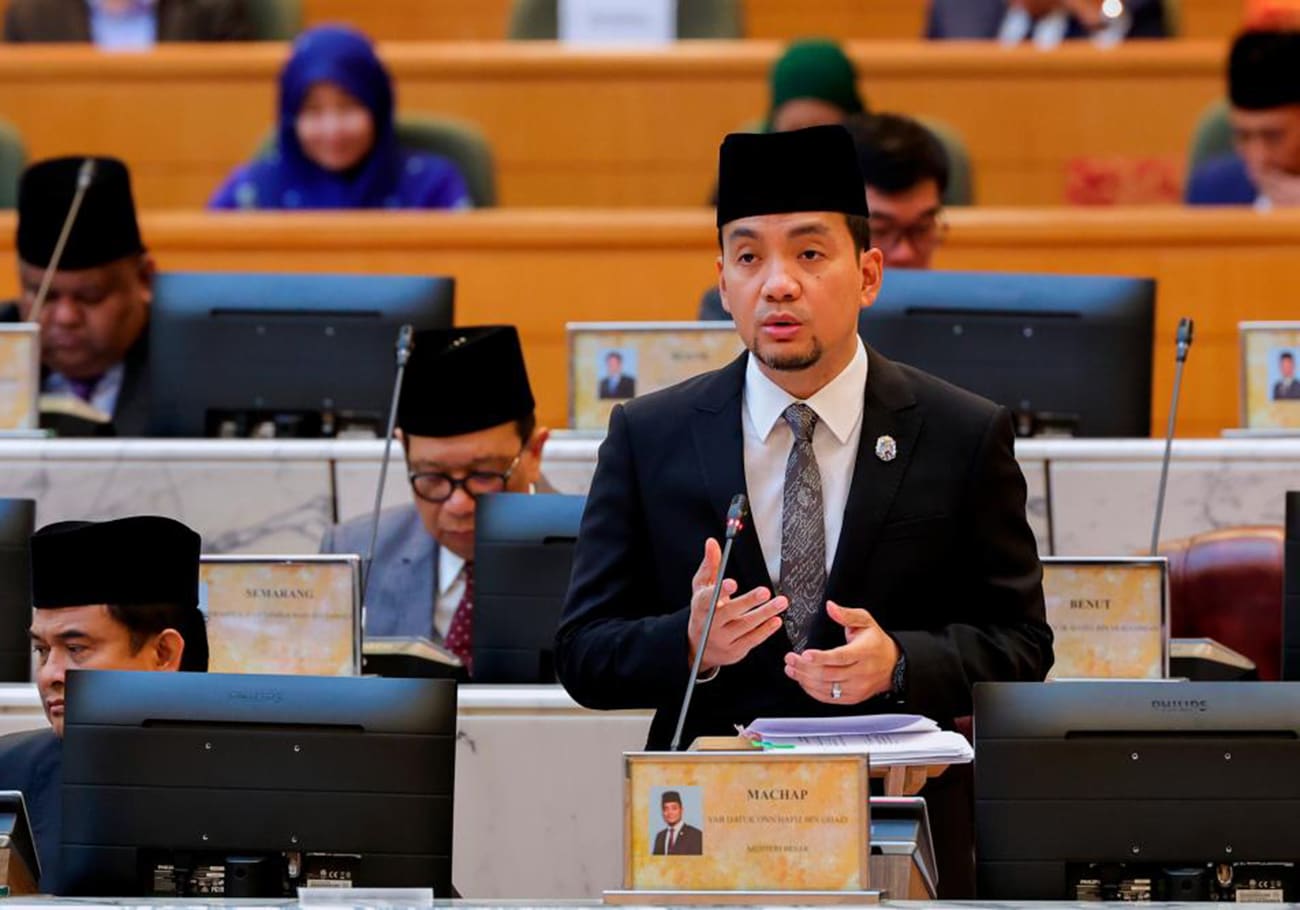
Menteri Besar Onn Hafiz Ghazi has put forth a proposal to implement QR codes for passport-free immigration clearance at the Johor Bahru and Singapore land checkpoints.
This move is part of an ambitious plan to establish the Johor-Singapore Special Economic Zone, fostering collaboration between the Malaysian and Singaporean governments.
Onn Hafiz envisions this innovative approach as a key element in the success of the economic zone, urging the federal government to consider its implementation to alleviate congestion at one of the world’s busiest borders.
QR codes for passport-free immigration
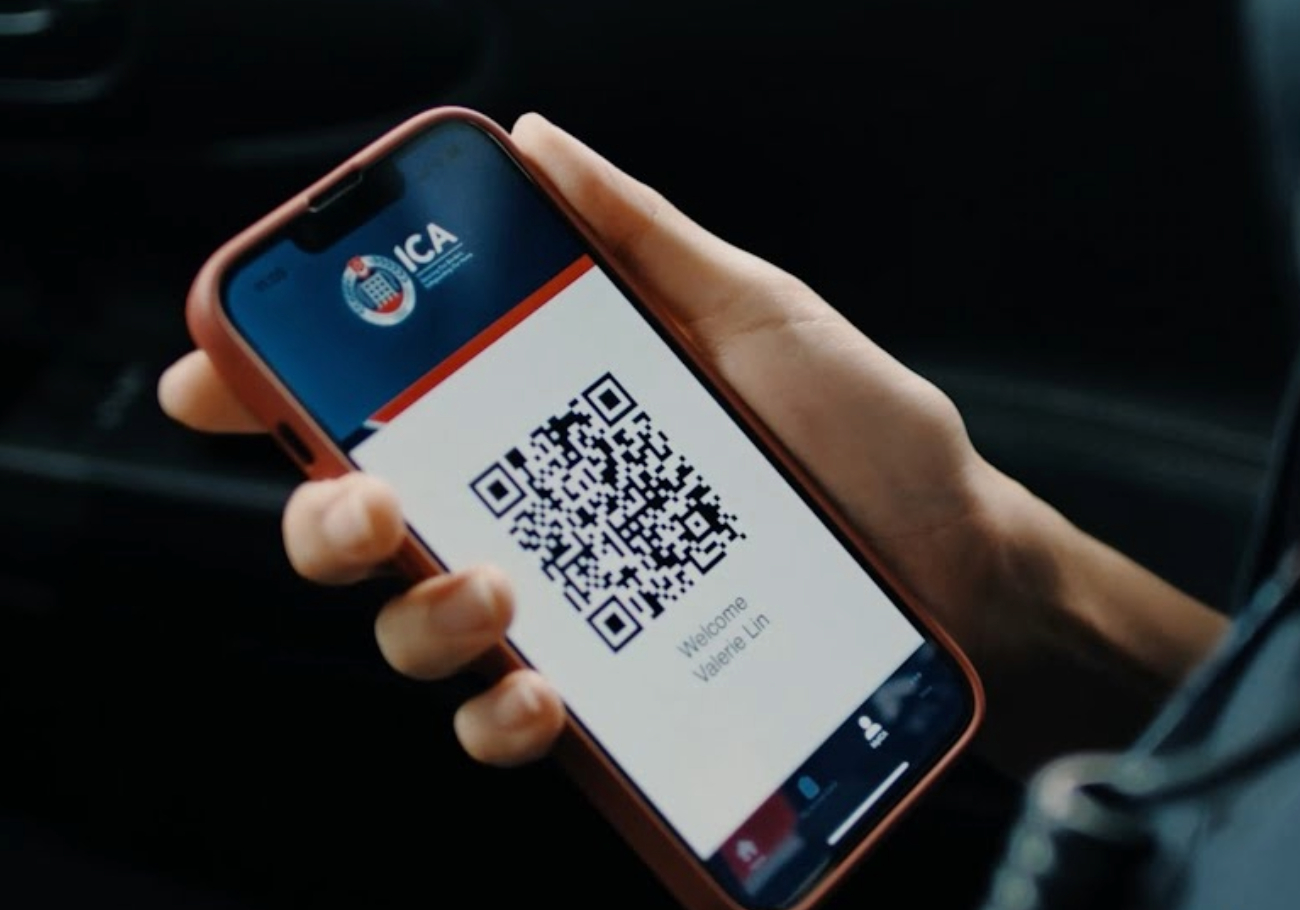
Onn Hafiz Ghazi outlined three crucial proposals to facilitate the success of the Johor-Singapore Special Economic Zone.
The primary proposition involves the use of QR codes for passport-free immigration clearance at the land checkpoints in Johor Bahru and Singapore.
Singapore has already endorsed the QR code system for movement at the Customs, Immigration, and Quarantine (CIQ) complex.
Expressing hope for federal government consideration, Onn Hafiz stressed the necessity of multiple entry visas, special passes, and adequate staffing in the immigration and customs departments.
These initiatives aim to ensure seamless movement for workers, visitors, and merchandise at the bustling border.
Efficient cross-border mobility
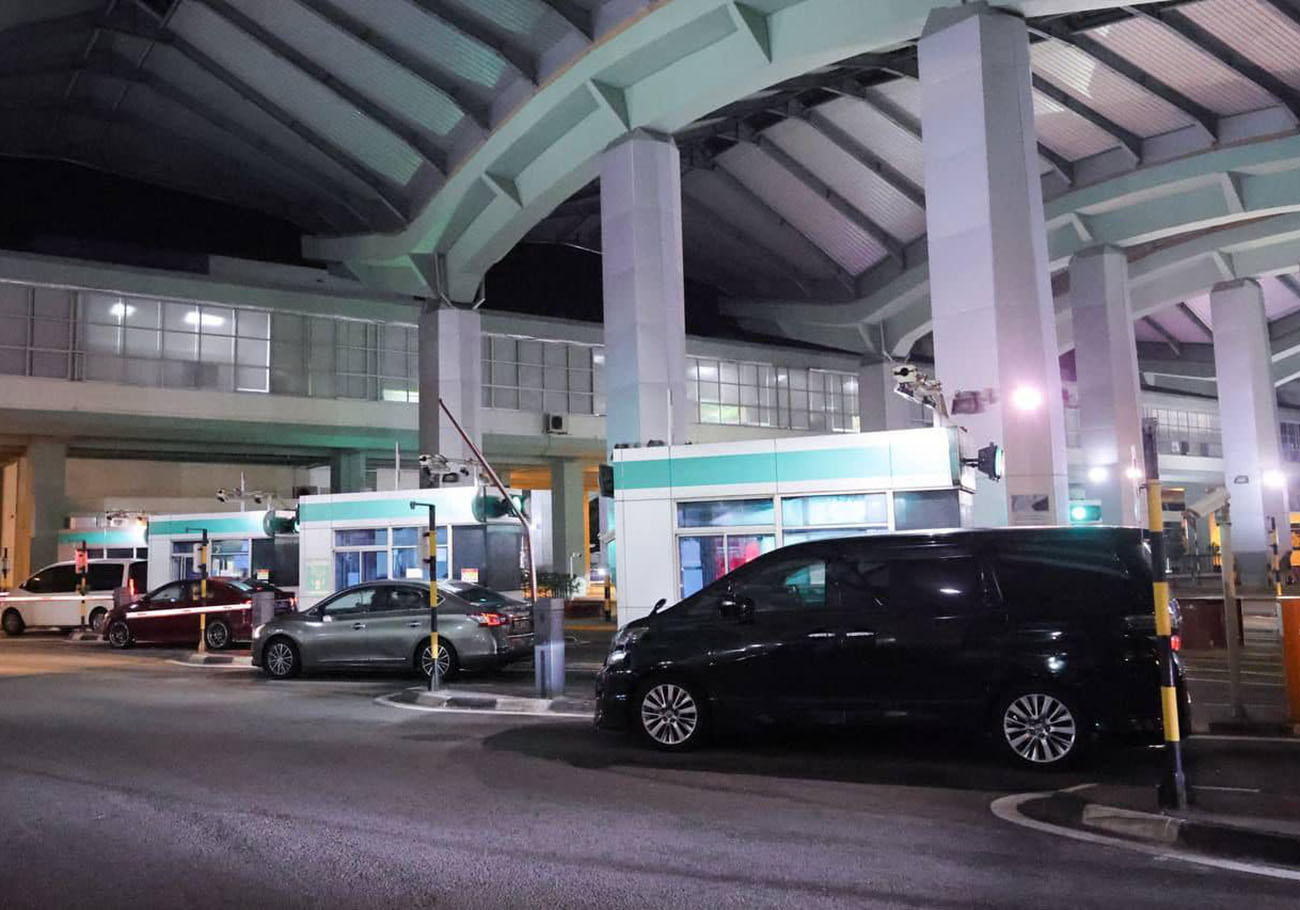
Onn Hafiz Ghazi expanded his proposals to encompass key infrastructure projects crucial for efficient cross-border mobility.
These include a special route from the Second Link to Forest City, a proposed light rail transit (LRT) system, a high-speed rail (HSR) service, ferry services, and dedicated landing point facilities for water taxis.
These infrastructure developments align with the collaborative decisions made by Singapore Prime Minister Lee Hsien Loong and Malaysia Prime Minister Datuk Seri Anwar Ibrahim during the recent 10th Singapore-Malaysia Leaders’ Retreat.
The Menteri Besar emphasised the significance of Forest City’s special financial zone within the Johor-Singapore Special Economic Zone.
He anticipates that this zone will attract international players from Singapore, contributing to the expansion of their business and support services in Forest City.
Onn Hafiz Ghazi concluded his address during the state assembly by welcoming the decisions made during the recent Singapore-Malaysia Leaders’ Retreat.
He reiterated the Johor state government’s commitment to the success of the proposed economic zone and proposed three suggestions for consideration by both the Federal Government and the Singapore Government.
As Malaysia and Singapore gear up to sign a memorandum of understanding for the Johor Bahru Special Economic Zone on January 11, Onn Hafiz’s proposals highlight the commitment to fostering economic growth and seamless cross-border collaboration.



